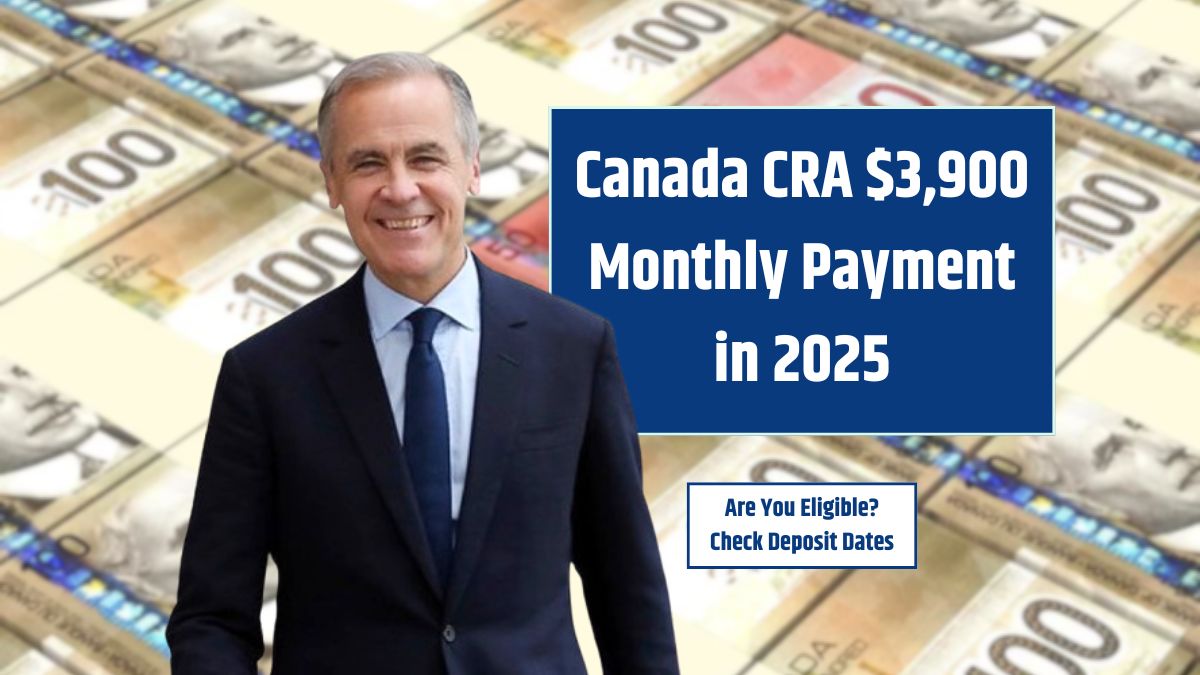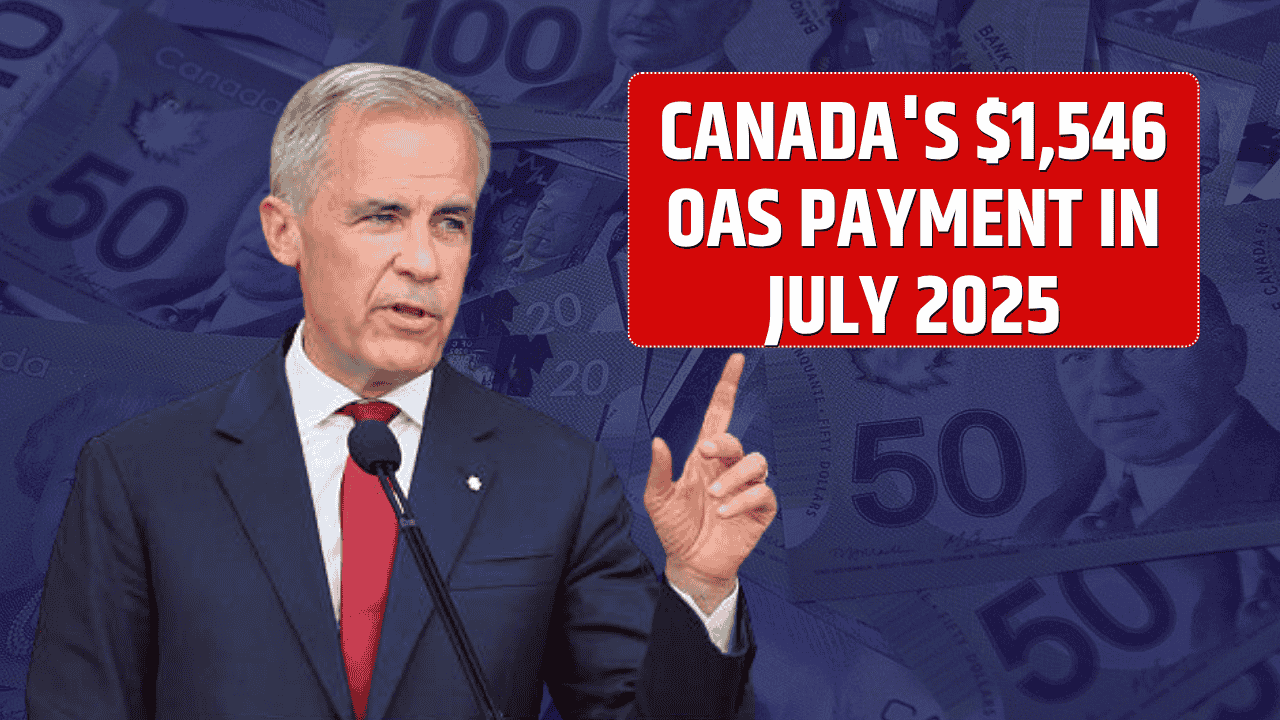The Office of Planning, Research, and Evaluation (OPRE) funds some of the most influential research in U.S. social policy—shaping how programs like Head Start, TANF, and childcare subsidies are evaluated and improved. But who actually gets OPRE research grants, and what does it take to secure funding?
Whether you’re an academic researcher, nonprofit evaluator, or part of a government agency, understanding how OPRE selects grantees can help you build a competitive proposal and contribute to evidence-based policy. Let’s break down who gets funded and why.
Table of Contents
Who Is Eligible for OPRE Grants?
OPRE funds a variety of entities with the capacity to conduct rigorous, policy-relevant research in human services. Eligible organizations typically include:
| Eligible Applicant Types | Examples |
|---|---|
| Universities and Research Institutions | Policy schools, public health departments, think tanks |
| Private Research Firms | MDRC, Mathematica, Abt Associates |
| Nonprofit Organizations | Child advocacy orgs, community evaluation partners |
| State, Local, or Tribal Governments | Agencies running human services programs |
| Minority-Serving Institutions (MSIs) | HBCUs, HSIs, Tribal Colleges |
Applicants are expected to demonstrate capacity for high-quality research, an understanding of federal program contexts, and experience with vulnerable or underrepresented populations.
What Types of Projects Does OPRE Fund?
OPRE focuses on applied research that can inform federal human services policy. The types of research projects vary, but typically fall into the following categories:
1. Impact Evaluations
Using experimental or quasi-experimental designs to measure program outcomes (e.g., employment programs, parenting interventions).
2. Implementation Studies
Examining how programs are delivered, including fidelity, barriers, and adaptation.
3. Descriptive and Exploratory Research
Providing insights into populations served, service needs, or emerging trends.
4. Methods Development
Testing or refining research methodologies for evaluating complex programs.
5. Data Capacity Building
Helping agencies improve their data infrastructure, quality, and usability for research.
Many of OPRE’s projects involve multi-year funding, mixed methods designs, and strong stakeholder engagement components.
What Makes a Proposal Competitive?
To win OPRE funding, proposals must align with the agency’s goals of advancing equity, rigor, relevance, and utility. Successful proposals often have:
Policy Relevance
Clearly tied to federal program goals and pressing questions in the human services field.
Methodological Rigor
Use of sound evaluation methods—especially when proposing impact evaluations.
Equity and Inclusion Focus
Plans to disaggregate data, engage affected communities, and reflect diverse populations.
Feasibility and Capacity
A strong team with experience managing federal grants, collecting data, and meeting deadlines.
Knowledge Dissemination Strategy
Plans to share findings through reports, briefs, webinars, or technical assistance.
Examples of Funded OPRE Research Projects
| Grantee Institution | Project Title | Program Focus |
|---|---|---|
| MDRC | Pathways to Work for Low-Income Adults | Employment, TANF |
| University of Chicago | Behavioral Interventions to Advance Self-Sufficiency (BIAS) | Program design, human-centered approaches |
| Urban Institute | TANF Data Innovation and Capacity Building | Data infrastructure |
| NORC at the University of Chicago | AIAN FACES Study | Early childhood, Tribal communities |
| Abt Associates | Evaluation of Healthy Marriage and Relationship Education Programs | Family strengthening |
These projects illustrate the diversity of topics, institutions, and populations that OPRE engages with.
How to Find and Apply for OPRE Grants
OPRE typically announces grant opportunities through:
- Grants.gov – the official source for all federal grant funding
- ACF Funding Announcements – listed on acf.hhs.gov
- Requests for Proposals (RFPs) – for contracts, posted on SAM.gov or GSA eBuy
Applications usually require:
- A project narrative
- Budget and justification
- Evaluation design or methodology
- Organizational qualifications
- Letters of support or partnership documentation
OPRE’s Commitment to Building the Field
OPRE also funds early-career researchers and minority-serving institutions through initiatives such as:
- Child Care and Early Education Research Scholars
- MFP (Minority Fellowship Program)
- Early Career Researcher Grants in Family Strengthening
- Partnerships to Support Equitable Data Use
These programs reflect OPRE’s mission to broaden participation and strengthen the pipeline of researchers in federal evaluation.
FAQs
Are OPRE grants only for large institutions?
No. While many large firms and universities apply, OPRE also funds nonprofits, state agencies, and partnerships with community-based organizations.
Do I need to have federal experience to apply?
It helps, but it’s not required. Demonstrating capacity, understanding of the population served, and rigorous methods is key.
How competitive are OPRE grants?
Very. Proposals are peer-reviewed and must meet high standards of rigor, feasibility, and relevance.
Can new researchers apply?
Yes—especially through scholar programs and equity-focused initiatives that support early-career researchers.


























